A newly rekindled mass conflict between the State of Israel and the Palestinian militant group Hamas has airlines with flights to and from the war-stricken country scrambling to cancel their flights. The conflict, which broke out on Saturday, October 7, puts the safety of commercial flights flying to and from Tel Aviv into serious question.

Operational Restrictions and Mass Cancellations
As missiles fly across Israeli airspace bound for major cities, Israel's primary and only international airport, Tel Aviv's Ben Gurion Int'l (TLV), is forced to stay open, albeit under heavy security and safety protocols for flights originating and arriving into the airport. Despite the airport remaining open, most airlines have opted to go the safe route and have canceled their flights to Tel Aviv, leaving many passengers stranded.
Lufthansa announced on Saturday, October 7, that the airline was suspending most of their flights from Tel Aviv to Germany, citing the conflict, but that they will continue to operate their Tel Aviv to Frankfurt route on a decreased frequency.

Throughout Saturday, most foreign airlines continued to operate flights out of Ben Gurion Airport in a bid to get their aircraft out of harm's way while still getting their passengers out of Israel, with airlines such as TAROM, Lufthansa, SWISS, and British Airways getting their planes and crews off the ground before the conflict becomes too serious for commercial aviation.
On Saturday, October 7, the first day of the new conflict, multiple NOTAMs, which are commercial aviation advisory and warning bulletins issued to commercial pilots regarding commercial flight operations, were issued by the Civil Aviation Authority of Israel (CAAI).
Among the numerous NOTAMs, the most notable are concerning non-Israeli registered, general aviation planes and approach procedures into Ben Gurion Airport.
From the morning of Sunday, October 8, all general aviation aircraft will be prohibited from taking off or landing at Tel Aviv Ben Gurion Airport. As well as this, commercial aircraft taking off from Tel Aviv must use a specific departure procedure to avoid flying near the current hot spots of the conflict.
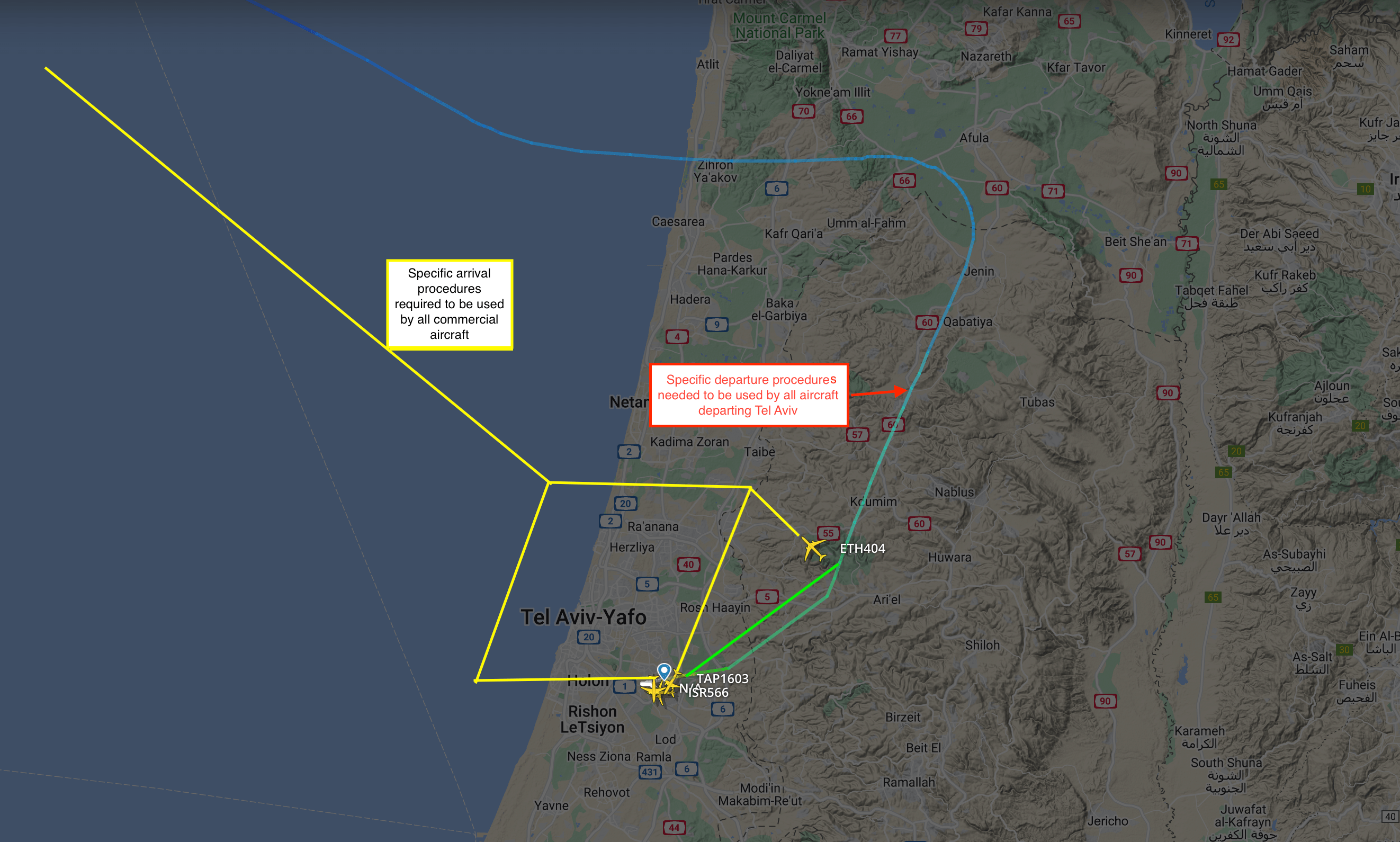
For airlines wishing to continue operating flights to Tel Aviv, operational restrictions exist for non-Israeli registered aircraft at Ben Gurion Airport. Non-Israeli registered aircraft cannot stay on the ground at any Israeli airport for more than 48 hours. They cannot refuel with passengers onboard either, making it even harder for commercial aviation operations in the country.
Besides a few very limited exceptions, only Israeli Airlines will be operating flights to Israel in the near future.
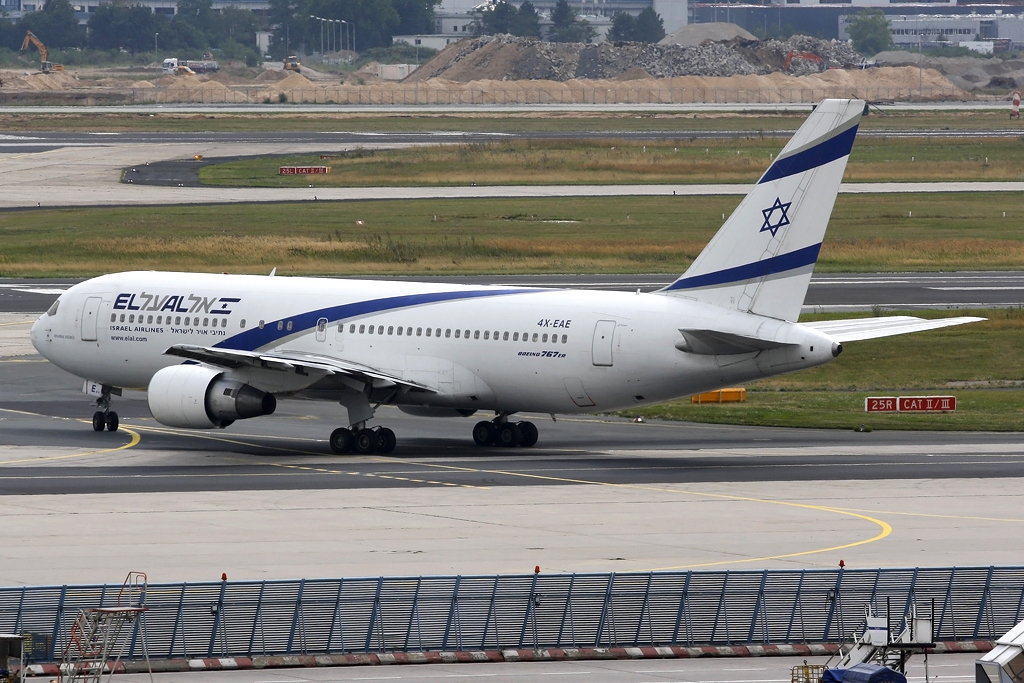
Conflict is not a factor that deters Israeli carriers from operating flights. Since 2004, the Israeli government has required international and domestic Israeli Airlines to fly with a missile defense system onboard. The systems defend against MANPADS, which are shoulder-launched heat-seeking missiles.
MANPAD missiles are a serious threat to commercial and VIP aircraft. After a close-call incident with an Arkia Israeli Airlines 757 and heat-seeking missiles in 2002, the pace of development of commercial aircraft defense systems has skyrocketed while privatized carriers within the country, such as Israel Arkia Airlines, can choose their type of missile defense system, El Al Israel, the national airline of the country, is required to use a system picked by the Israeli Ministry of Transportation to protect all El Al aircraft from possible missile attacks.
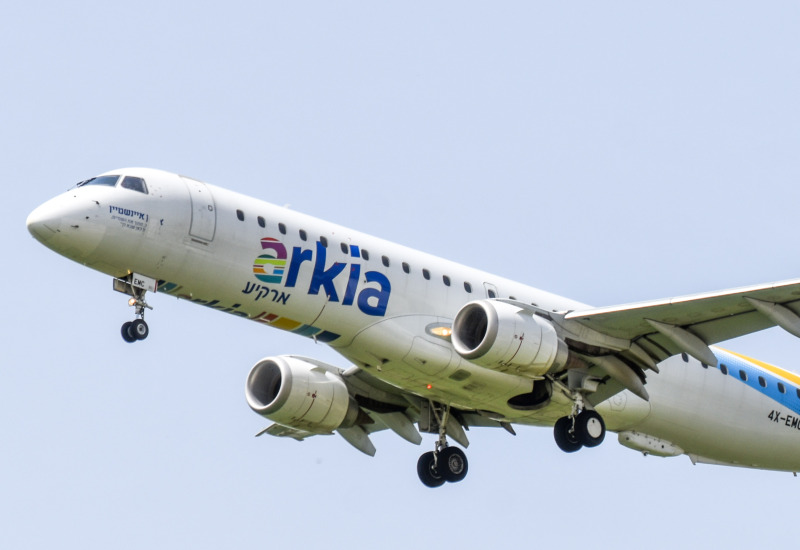
The Elbit's C-MUSIC system is the missile defense system selected for and currently used by El Al Israel Airlines. This system was installed in early 2020, with El Al Israel's entire Boeing fleet - 737, 747, 767, 777, and 787 - being equipped with the advanced system. This C-MUSIC system utilized lasers to throw off MANPAD missiles' heat-seeking sensors, confusing the missile and sending it off course.
While this new Israeli-Palestinian conflict is still developing, its effect on commercial aviation has been enormous, and the impact of this will continue to play out over the next few weeks.
South African Airways Eyes India–South Africa Route » Ethiopian Airlines Expands Fleet with Second Airbus A350-1000 » PHOTOS: Azerbaijan Airlines E190 Crashes in Kazakhstan »
Comments (1)
 Antonietta
hostcrax.com
Antonietta
hostcrax.com
Add Your Comment
SHARE
TAGS
NEWS Israel Palestine Missile Defense Missile Defense Airbus Boeing Lufthansa British Airways United Airlines Conflict War PoliticsRECENTLY PUBLISHED
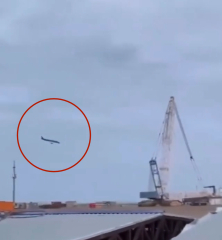 PHOTOS: Azerbaijan Airlines E190 Crashes in Kazakhstan
An Azerbaijan Airlines Embraer E190 crashed approximately 3 km from the city of Aktau today, December 25. Images from the scene show that the aircraft lost speed and then crashed, followed by a large explosion.
NEWS
READ MORE »
PHOTOS: Azerbaijan Airlines E190 Crashes in Kazakhstan
An Azerbaijan Airlines Embraer E190 crashed approximately 3 km from the city of Aktau today, December 25. Images from the scene show that the aircraft lost speed and then crashed, followed by a large explosion.
NEWS
READ MORE »
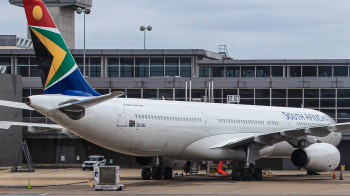 South African Airways Eyes India–South Africa Route
As part of its recovery strategy, South African Airways (SAA) is exploring the reinstatement of direct flights between India and South Africa. SAA, along with Minister of Tourism Patricia de Lille, on December 3, 2024, participated in a high-level delegation to India to strengthen aviation and tourism ties between the two nations.
ROUTES
READ MORE »
South African Airways Eyes India–South Africa Route
As part of its recovery strategy, South African Airways (SAA) is exploring the reinstatement of direct flights between India and South Africa. SAA, along with Minister of Tourism Patricia de Lille, on December 3, 2024, participated in a high-level delegation to India to strengthen aviation and tourism ties between the two nations.
ROUTES
READ MORE »
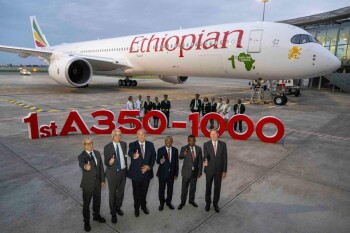 Ethiopian Airlines Expands Fleet with Second Airbus A350-1000
Ethiopian Airlines, Ethiopia's national carrier, has taken delivery of its second Airbus A350-1000, registered as ET-BAX. This advanced aircraft is powered by Trent XWB-97 engines, further solidifying the airline’s commitment to modernizing its fleet.
NEWS
READ MORE »
Ethiopian Airlines Expands Fleet with Second Airbus A350-1000
Ethiopian Airlines, Ethiopia's national carrier, has taken delivery of its second Airbus A350-1000, registered as ET-BAX. This advanced aircraft is powered by Trent XWB-97 engines, further solidifying the airline’s commitment to modernizing its fleet.
NEWS
READ MORE »





